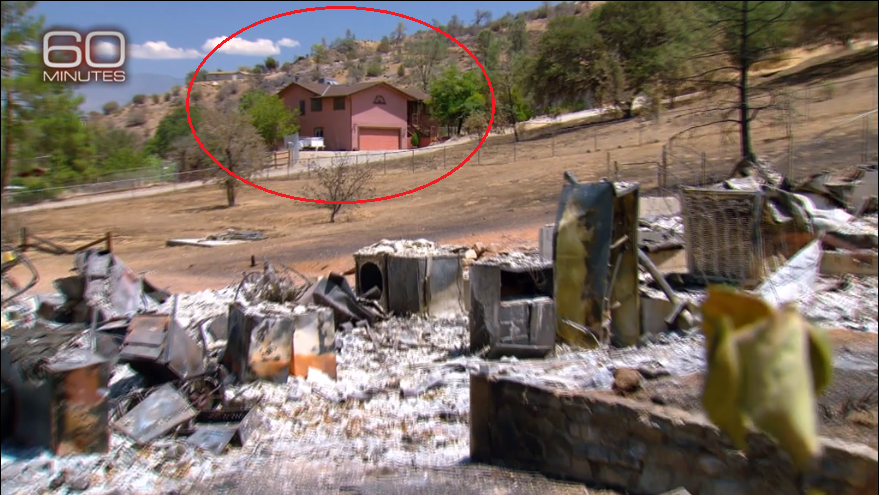Fire Evacuation Alert Communications Still Being Ironed Out
In the last decade digital technology has pushed analog off the cliff, and we're still tying up the loose ends from the severed analog connections. People over a certain age (40) remember analog telephones never needed a battery or any kind of power adapter. Among the half of households still using landlines these days, few of them realize their home lines won't work when the power is out, regardless of what kind of phone they have, because the underlying analog telephone networks have been replaced with digital networks.
In 2018 KQED combed through 9-1-1 logs to identify some evacuation communications failures from 2017's fires, many of which have been fixed since their report. The L.A. Times this week reported more communications and alert failures in this article: Camp fire evacuations failed to reach more than a third of residents meant to receive calls.
The L.A. Times also reported more state legislature calls to action toward closing the feedback loop in this article California must fix fatal flaws in wildfire warning and evacuation plans, experts tell lawmakers.
The N.Y. Times reported the Northern California November wildfire was the deadliest in state history. Much of this loss of life is preventable.
The leveling of homes also is largely preventable: fire-proofing homes with fire breaks, clearing gutters of pine needles, and replacing wooden roofs and decks with synthetic ones would go a long way toward slowing the spread of wildfire.
It seems we need to be tuned into a music radio station more frequently, with top-of-the-hour news alerts from a local disc jockey (DJ.) Because tuning into an all-news website or radio station has grown too grim, even for reporters and realists committed to staying informed. Where do we recharge? From laughter and from music, among other sources.
Finally we need to address end-user expectations, illustrated so vividly in this quote Jason Meek, who lost his Santa Rosa home in 2017 to wildfire, gave to revealnews.org:

This work by AJ Fish is licensed under a Creative Commons Attribution-NonCommercial 4.0 International License.
In 2018 KQED combed through 9-1-1 logs to identify some evacuation communications failures from 2017's fires, many of which have been fixed since their report. The L.A. Times this week reported more communications and alert failures in this article: Camp fire evacuations failed to reach more than a third of residents meant to receive calls.
The L.A. Times also reported more state legislature calls to action toward closing the feedback loop in this article California must fix fatal flaws in wildfire warning and evacuation plans, experts tell lawmakers.
The N.Y. Times reported the Northern California November wildfire was the deadliest in state history. Much of this loss of life is preventable.
The leveling of homes also is largely preventable: fire-proofing homes with fire breaks, clearing gutters of pine needles, and replacing wooden roofs and decks with synthetic ones would go a long way toward slowing the spread of wildfire.
It seems we need to be tuned into a music radio station more frequently, with top-of-the-hour news alerts from a local disc jockey (DJ.) Because tuning into an all-news website or radio station has grown too grim, even for reporters and realists committed to staying informed. Where do we recharge? From laughter and from music, among other sources.
Finally we need to address end-user expectations, illustrated so vividly in this quote Jason Meek, who lost his Santa Rosa home in 2017 to wildfire, gave to revealnews.org:
“Like, we get all these text messages from CNN and Washington Post, or, you know, all the media that’s telling us what’s going on, on a minute-by-minute basis, in the world. But here – my world was burning, and I heard nothing,” he said. “We deserved to know that there was a fire.”We need more local radio stations that play a lot of music and read a little news to us over the airwaves. How to make that happen is beyond the scope of this blog post.

This work by AJ Fish is licensed under a Creative Commons Attribution-NonCommercial 4.0 International License.



